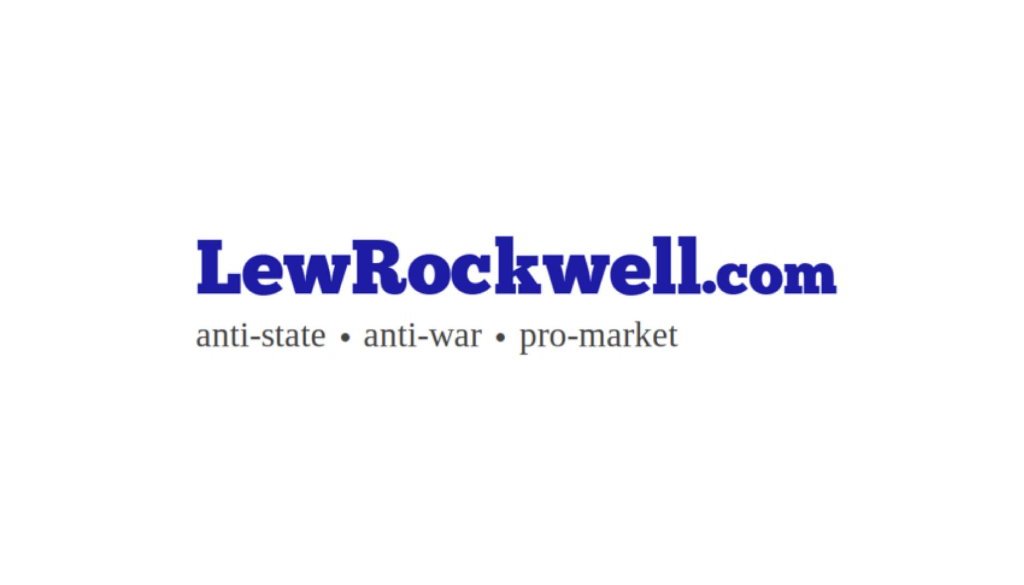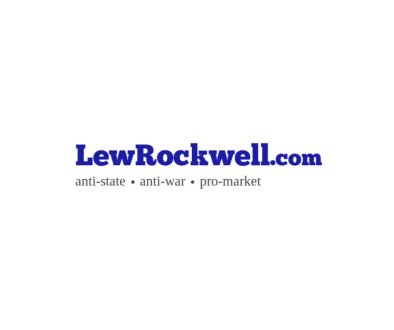The Algocracy Agenda: How AI and the Deep State Are Digitizing Tyranny
“If one company or small group of people manages to develop godlike digital superintelligence, they could take over the world. At least when there’s an evil dictator, that human is going to die. But for an AI, there would be no death. It would live forever. And then you’d have an immortal dictator from which we can never escape.”—Elon Musk
The Deep State is not going away. It’s just being replaced.
Replaced not by a charismatic autocrat or even a shadowy bureaucracy, but by artificial intelligence (AI)—unfeeling, unaccountable, and immortal.
As we stand on the brink of a new technological order, the machinery of power is quietly shifting into the hands of algorithms.
Under Donald Trump’s watch, that shift is being locked in for at least a generation.
Trump’s latest legislative initiative—a 10-year ban on AI regulation buried within the “One Big Beautiful Bill”—strips state and local governments of the ability to impose any guardrails on artificial intelligence until 2035.
Despite bipartisan warnings from 40 state attorneys general, the bill passed the House and awaits Senate approval. It is nothing less than a federal green light for AI to operate without oversight in every sphere of life, from law enforcement and employment to healthcare, education, and digital surveillance.
This is not innovation.
This is institutionalized automation of tyranny.
This is how, within a state of algorithmic governance, code quickly replaces constitutional law as the mechanism for control.
We are rapidly moving from a society ruled by laws and due process to one ruled by software.
Algorithmic governance refers to the use of machine learning and automated decision-making systems to carry out functions once reserved for human beings: policing, welfare eligibility, immigration vetting, job recruitment, credit scoring, and judicial risk assessments.
In this regime, the law is no longer interpreted. It is executed. Automatically. Mechanically. Without room for appeal, discretion, or human mercy.
These AI systems rely on historical data—data riddled with systemic bias and human error—to make predictions and trigger decisions. Predictive policing algorithms tell officers where to patrol and whom to stop. Facial recognition technology flags “suspects” based on photos scraped from social media. Risk assessment software assigns threat scores to citizens with no explanation, no oversight, and no redress.
These algorithms operate in black boxes, shielded by trade secrets and protected by national security exemptions. The public cannot inspect them. Courts cannot challenge them. Citizens cannot escape them.
The result? A population sorted, scored, and surveilled by machinery.
This is the practical result of the Trump administration’s deregulation agenda: AI systems given carte blanche to surveil, categorize, and criminalize the public without transparency or recourse.
And these aren’t theoretical dangers—they’re already happening.
Examples of unchecked AI and predictive policing show that precrime is already here.
Once you are scored and flagged by a machine, the outcome can be life-altering—as it was for Michael Williams, a 65-year-old man who spent nearly a year in jail for a crime he didn’t commit. Williams was behind the wheel when a passing car fired at his vehicle, killing his 25-year-old passenger, who had hitched a ride.
Despite no motive, no weapon, and no eyewitnesses, police charged Williams based on an AI-powered gunshot detection program called ShotSpotter. The system picked up a loud bang near the area and triangulated it to William
Article from LewRockwell

LewRockwell.com is a libertarian website that publishes articles, essays, and blog posts advocating for minimal government, free markets, and individual liberty. The site was founded by Lew Rockwell, an American libertarian political commentator, activist, and former congressional staffer. The website often features content that is critical of mainstream politics, state intervention, and foreign policy, among other topics. It is a platform frequently used to disseminate Austrian economics, a school of economic thought that is popular among some libertarians.




